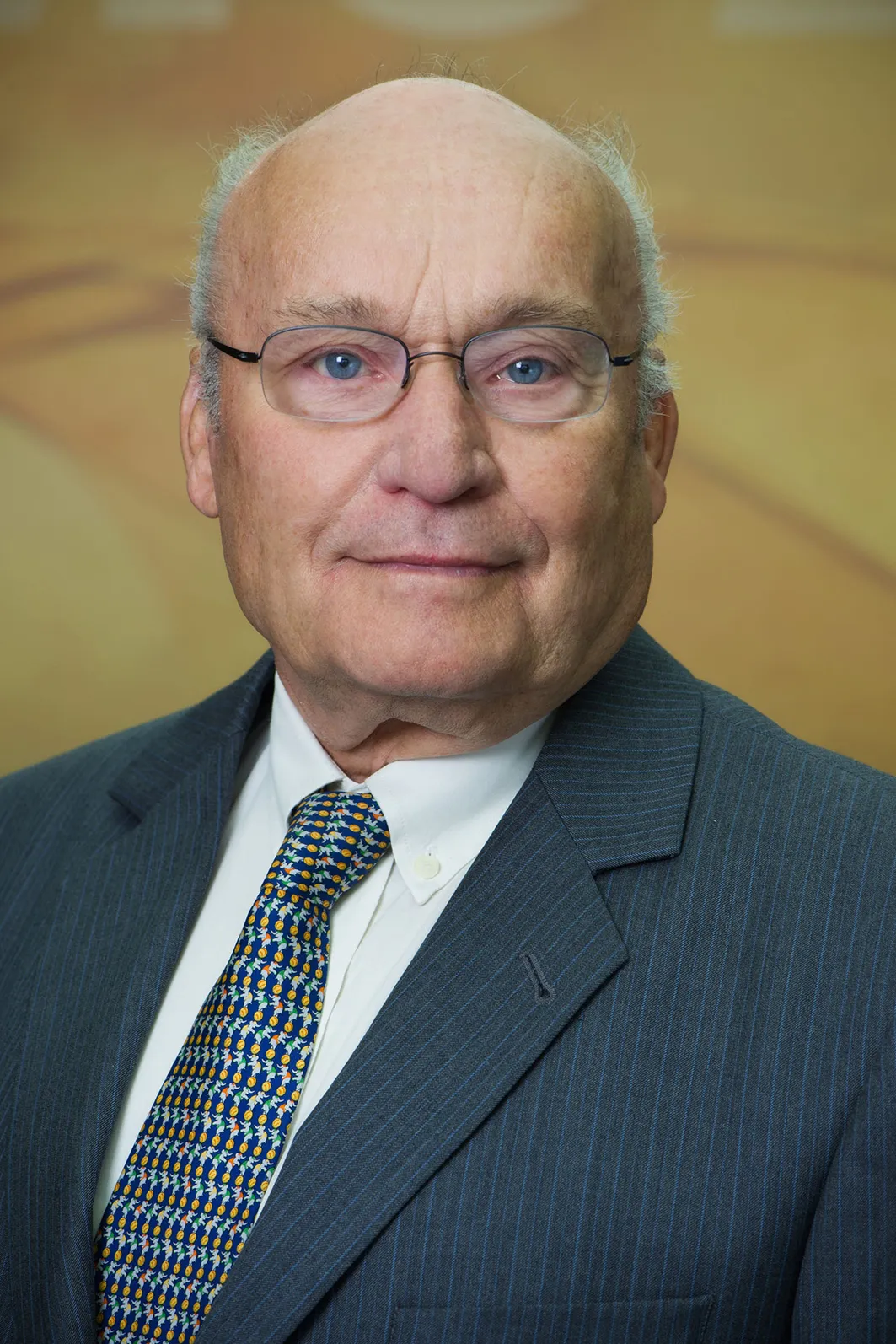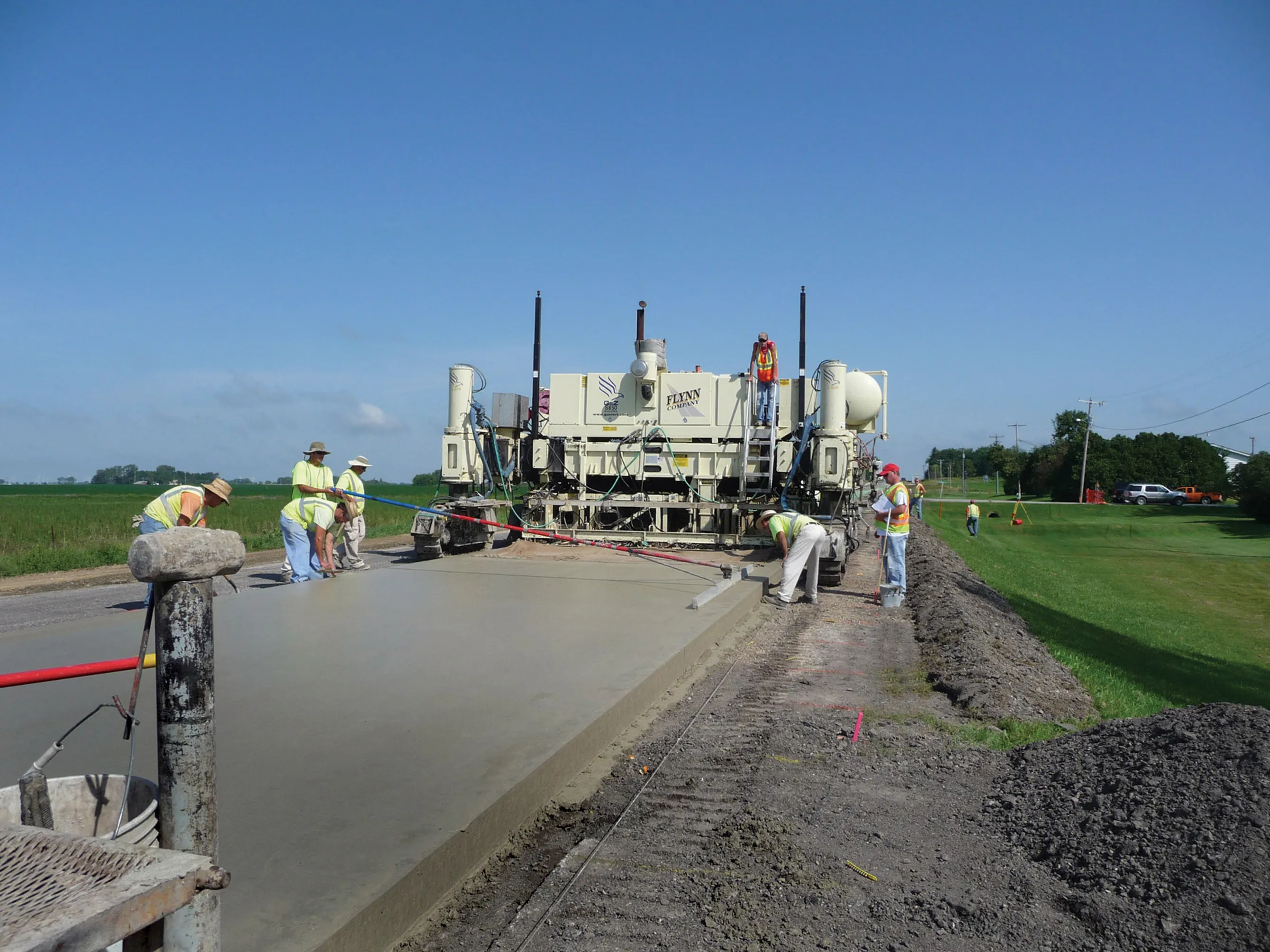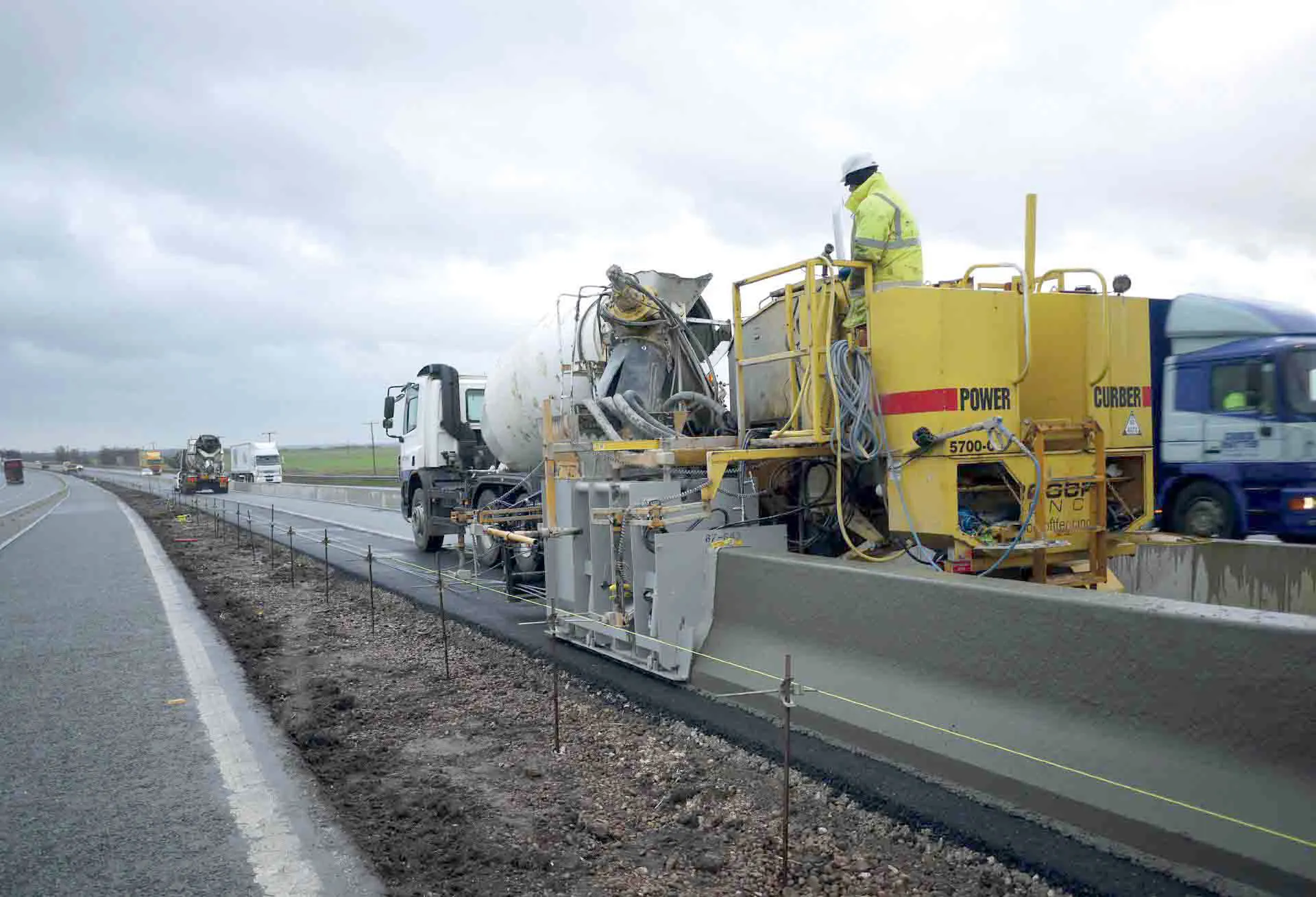Paul G. Harms, founder and long-time managing director of MOBA, has died aged 82. For more than 30 years Harms led and shaped the German firm, from its foundation in 1972 to its current position among leading international companies in mobile automation. Born in 1931 in Osnabrück, Germany, on leaving school Harms completed an apprenticeship as an instrument mechanic then worked as thermal technician for Georgsmarienhütte AG. At the same time, Harms attended technical evening school and then studied mechanic
March 4, 2013
Read time: 3 mins

Paul G. Harms, founder and long-time managing director of 1228 MOBA, has died aged 82.
For more than 30 years Harms led and shaped the German firm, from its foundation in 1972 to its current position among leading international companies in mobile automation.
Born in 1931 in Osnabrück, Germany, on leaving school Harms completed an apprenticeship as an instrument mechanic then worked as thermal technician for Georgsmarienhütte AG. At the same time, Harms attended technical evening school and then studied mechanical engineering in the United States. On returning to Germany, he was with the Honeywell Corporation for 17 years, finishing his time there as the product marketing manager for industrial products in their European headquarters in Brussels.
On founding MOBA in the early 1970s, the company was based in the garage of Harms house in Steinbach, near Limburg. The initial product range comprised of level and slope sensors for construction machines and included full sales and service.
By 1979 MOBA had already developed its own range of level and slope sensors for construction and agricultural equipment. Soon after other innovative solutions in the fields of measuring and control technologies followed culminating in a major milestone in MOBA’s product history – the MOBA-matic system, which, MOBA claims, remains the world's leading levelling solution for asphalt pavers. With swift market success the company grew rapidly and by 1985 MOBA already had 50 employees and was fully established in its new development and HQ facility in the of Elz, near Limburg.
Under Harms leadership, since 1985 MOBA has founded eight international subsidiaries and built up cooperation with dealers all around the globe. The initial focus of development and manufacturing was on the automation of construction machines and agricultural equipment, then MOBA expanded into the waste disposal technology business in the 1990s through founding branch offices in Dresden and Langenlonsheim. In this market MOBA has provided weighing systems plus logistics and telematics software for local authority and commercial waste management contractors for more than 20 years.
In 2002 all the individual MOBA business divisions were merged creating MOBA Mobile Automation AG. MOBA now develops, manufactures, supports, markets and sells a wide portfolio of solutions and systems for the full spectrum of construction machines, special machines and refuse collection vehicles.In 2004 MOBA moved to today’s headquarters in Limburg-Offheim. In the same year, Harms handed over the management of the company to his son Volker, at the same time joining the supervisory board of MOBA Mobile Automation AG, and was honorary chairman of this until his death. Harms remained closely connected to MOBA and in September 2012 celebrated the 40th company anniversary together with MOBA and some of its 453 employees - 285 of which are based in Germany. Harms lived with his wife in Steinbach near Limburg until his death.
For Harms it was important to offer young people a well-founded apprenticeship to provide a solid start to their working lives. He brought this to reality within MOBA - MOBA today has 22 apprentices and students - and also in other private areas of influence, for example via the Don Bosco Foundation, where he was particularly active in the establishment of apprenticeships for young people in the Philippines and in Tanzania.
A MOBA spokesperson said: “Within MOBA and beyond he will be sorely missed and is remembered with affection and respect.”
For more than 30 years Harms led and shaped the German firm, from its foundation in 1972 to its current position among leading international companies in mobile automation.
Born in 1931 in Osnabrück, Germany, on leaving school Harms completed an apprenticeship as an instrument mechanic then worked as thermal technician for Georgsmarienhütte AG. At the same time, Harms attended technical evening school and then studied mechanical engineering in the United States. On returning to Germany, he was with the Honeywell Corporation for 17 years, finishing his time there as the product marketing manager for industrial products in their European headquarters in Brussels.
On founding MOBA in the early 1970s, the company was based in the garage of Harms house in Steinbach, near Limburg. The initial product range comprised of level and slope sensors for construction machines and included full sales and service.
By 1979 MOBA had already developed its own range of level and slope sensors for construction and agricultural equipment. Soon after other innovative solutions in the fields of measuring and control technologies followed culminating in a major milestone in MOBA’s product history – the MOBA-matic system, which, MOBA claims, remains the world's leading levelling solution for asphalt pavers. With swift market success the company grew rapidly and by 1985 MOBA already had 50 employees and was fully established in its new development and HQ facility in the of Elz, near Limburg.
Under Harms leadership, since 1985 MOBA has founded eight international subsidiaries and built up cooperation with dealers all around the globe. The initial focus of development and manufacturing was on the automation of construction machines and agricultural equipment, then MOBA expanded into the waste disposal technology business in the 1990s through founding branch offices in Dresden and Langenlonsheim. In this market MOBA has provided weighing systems plus logistics and telematics software for local authority and commercial waste management contractors for more than 20 years.
In 2002 all the individual MOBA business divisions were merged creating MOBA Mobile Automation AG. MOBA now develops, manufactures, supports, markets and sells a wide portfolio of solutions and systems for the full spectrum of construction machines, special machines and refuse collection vehicles.In 2004 MOBA moved to today’s headquarters in Limburg-Offheim. In the same year, Harms handed over the management of the company to his son Volker, at the same time joining the supervisory board of MOBA Mobile Automation AG, and was honorary chairman of this until his death. Harms remained closely connected to MOBA and in September 2012 celebrated the 40th company anniversary together with MOBA and some of its 453 employees - 285 of which are based in Germany. Harms lived with his wife in Steinbach near Limburg until his death.
For Harms it was important to offer young people a well-founded apprenticeship to provide a solid start to their working lives. He brought this to reality within MOBA - MOBA today has 22 apprentices and students - and also in other private areas of influence, for example via the Don Bosco Foundation, where he was particularly active in the establishment of apprenticeships for young people in the Philippines and in Tanzania.
A MOBA spokesperson said: “Within MOBA and beyond he will be sorely missed and is remembered with affection and respect.”









